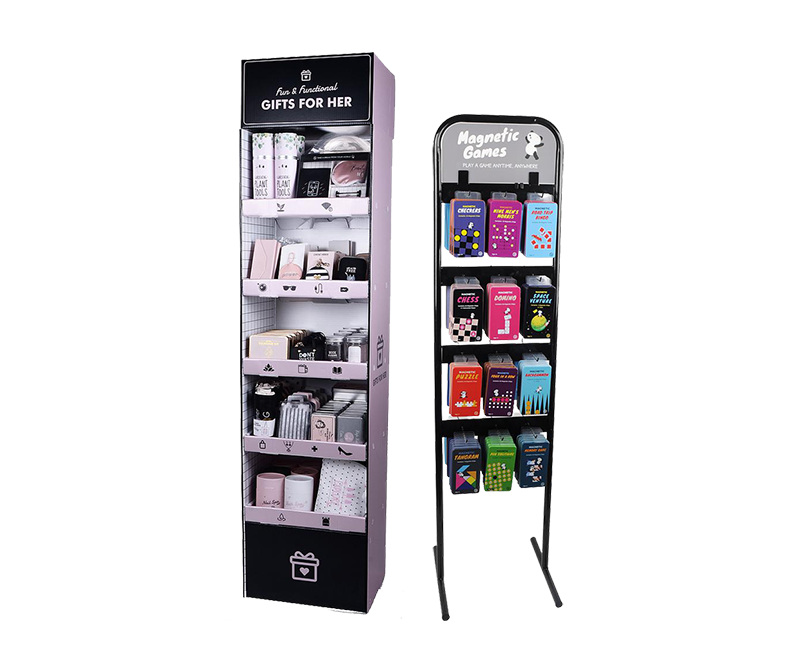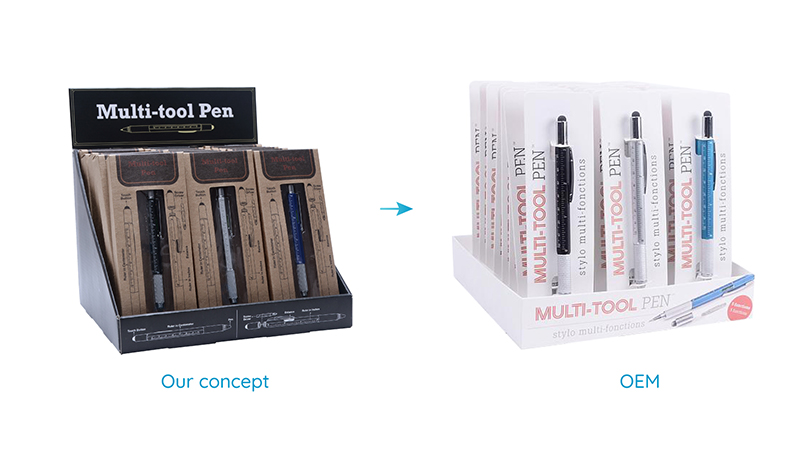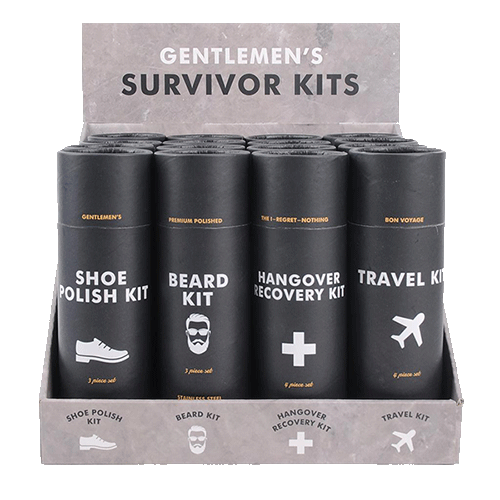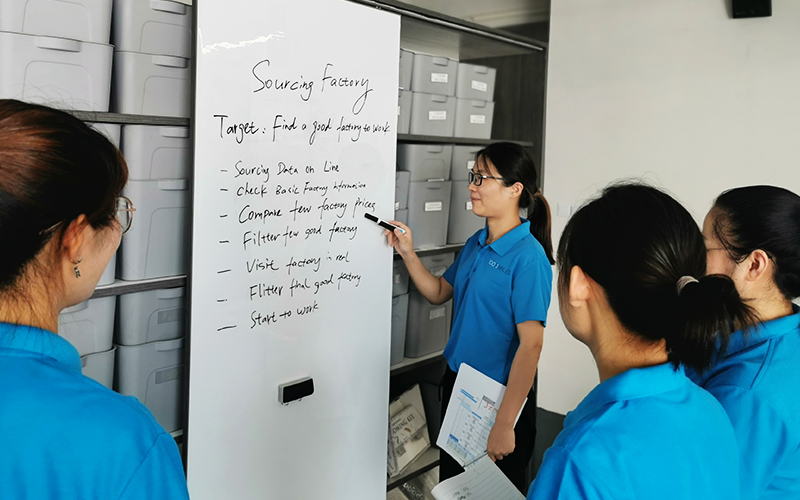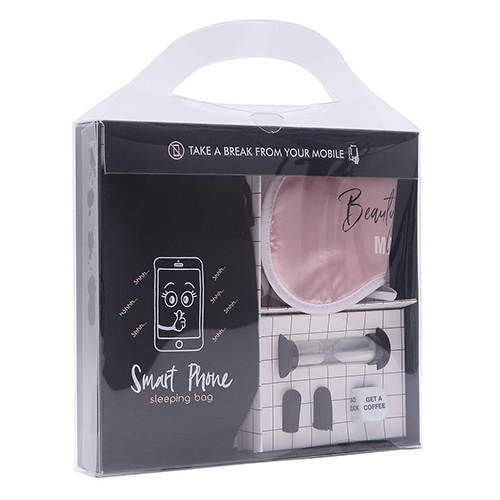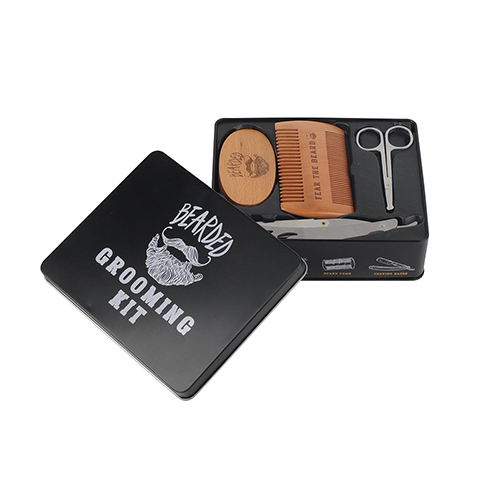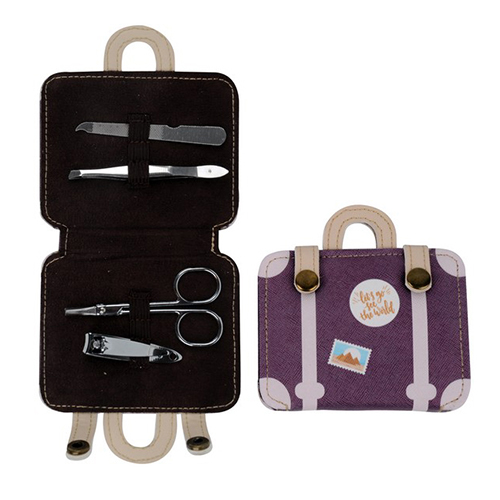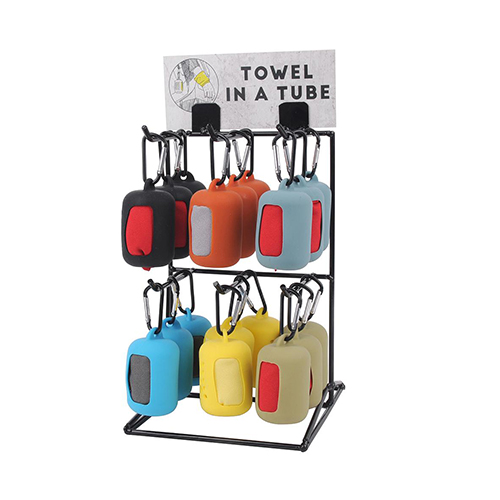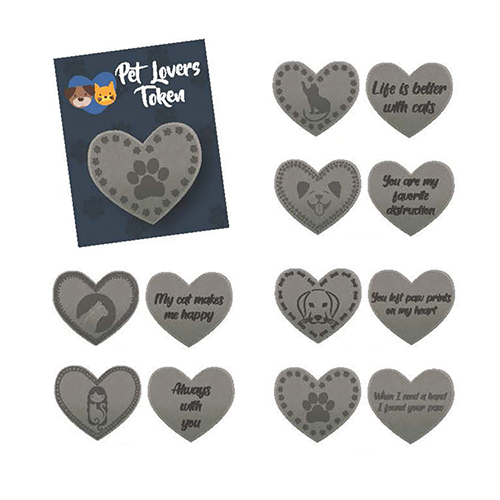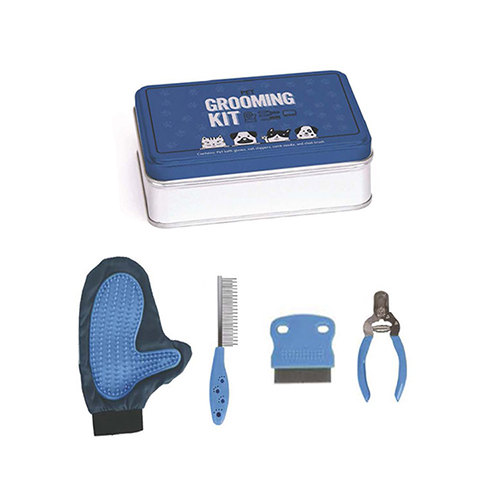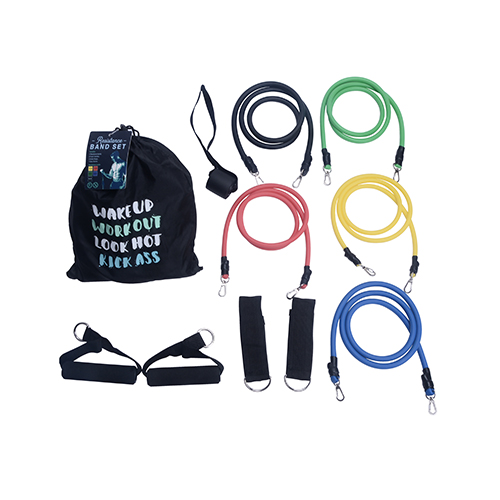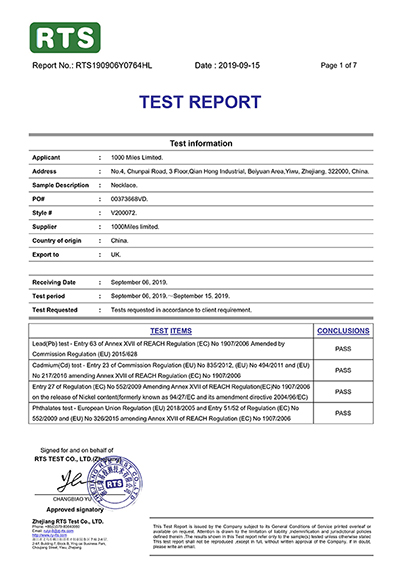


Let’s say you are new in a B2B (Business to Business) company as an account manager. Since you are new, everything for you seems unfamiliar: terms, processes, people, etc.
Unlike the process in B2C (Business to Consumer), where a customer comes to buy a product to fulfil a need or want, in B2B it’s a different scenario.
Customers in B2B need to know a whole lot of things about your product before they make a purchase. They will ask how the product is made, what type of materials used, specifications, testing undergone, and so on.
As a new account manager, you have two options: to wait until somebody will teach about these things or you need to adapt with your customers and learn new things by doing your own research.
If you wait for things to be fed for you by your mentors, nothing will happen. But if you start to learn things by doing research in every aspect of the business, you will be able to grow into a better and professional account manager.
Let me discuss with some tips on how to do an effective research:
1. Set up a Goal
As an account manager, your main goal is to make a sale. And by doing so, you need to work with a customer. You need to make them engaged and interested with the products and services you are selling. You need to meet their needs by giving them correct and complete information about your company, products and services including technical questions.
To do this, you need to know these things first yourself.
In order for you to clear out what you need to know, list down everything you need to learn. You can make a list for all the matters in your industry that you don’t know or understand. And from there, you will have the direction on where you are going.
Let’s say a customer is asking if your company has social compliance.
You cannot ask coworkers only to know if your company have social compliance or none. You also need to ask what is compliance, how is it done, what needs to be checked, who is checking, why is there a need to comply, and so on. You need to know this topic deep and not only scratching the surface.
2. Research
There are a lot of ways to do research. You can do it through searching on the internet or you can ask directly the people around you.
To do this, you need to find a good source of information. If you’re searching on the internet, you can check articles and posts from reliable sites.
If you’re asking from people in the company, you can ask directly specific persons involved on such task.
In the case of social compliance, you can ask persons in the production or the person who is in charge for on this specific task
Asking and researching is not enough. You also need to verify if the answers you currently have if it is right or wrong.
How will you know? Well if you’ve checked not only 1 source but a couple or more references that will back up your data.
With this you will be confident enough that the information you have is right and is verified.
3. Organize and Go Ahead
Now that you have gathered all the new information you’ve learned, you need to organize them in a way that you would suit you.
Organizing and summarizing what you learned is important because this will help you remember the details and digest what you understood.
After learning what you need to know, you can be confident to give information and answers to your client. Confident not only by answering yes or no but can also answer any follow up questions the client may ask.
Conclusion
Doing this type of research will enable you to discuss things with your client that will in turn help you become a better business professional. You will also continue to learn new things as you go along. Remember that doing effective research is not just a process you need to do at work but instead it is a habit one needs to develop.



